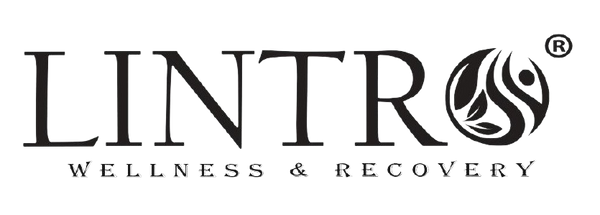Discover
Aromatherapy is a holistic healing practice that harnesses the aromatic properties of essential oils to enhance both physical and psychological well-being. This natural therapy utilises plant-derived extracts and essential oils to promote harmony and balance within the body and mind.
The History of Aromatherapy
Aromatherapy has ancient origins, with essential oils dating back nearly 6,000 years. Civilisations in Greece, China, India, and Egypt have long incorporated aromatic plant extracts into oils, cosmetics, and medicinal treatments.
-
Ancient Greece: Pioneering physicians like Asclepius (circa 1200 BC), the first known clinician to use essential oils in surgery, and Hippocrates, often called the father of medicine, explored the therapeutic benefits of essential oils.
-
Ancient Egypt: The Egyptians applied essential oils for relaxation, cosmetic, and healing purposes. Their practices continued until the fall of the Egyptian empire around 300 BC, after which Europe emerged as the centre of empirical medicine, advancing towards a more scientifically-based healthcare system.
-
Avicenna’s Contribution: The 10th-century Persian polymath Avicenna, a key figure in the Islamic Golden Age, is credited with pioneering the steam distillation of rose essential oil. His innovations laid the groundwork for modern aromatherapy, with steam distillation today's most widely used method.
-
Renaissance Europe: During this period, European physicians, pharmacists, and chemists published works on using essential oils for medicinal and relaxing purposes, firmly establishing aromatherapy in European society.
How does Aromatherapy treatment work?
Essential oils can be inhaled, applied to the skin through massage or compresses, or added to baths. Here’s how an aromatherapy treatment works:
-
Inhalation: Essential oils enter the body through the nasal passages, stimulating smell receptors. These signals travel through the nervous system to the limbic system, the brain's centre for emotions, instincts, and survival. This interaction is believed to influence mood and brain chemistry.
-
Topical Application: When applied to the skin, essential oil molecules penetrate the epidermis, reach the dermis, and enter the bloodstream. This systemic absorption allows essential oils to circulate throughout the body, delivering therapeutic benefits.
Kickstart your Aromatherapy Journey
Begin your journey to wellness today and explore the transformative power of Essential Oils.
